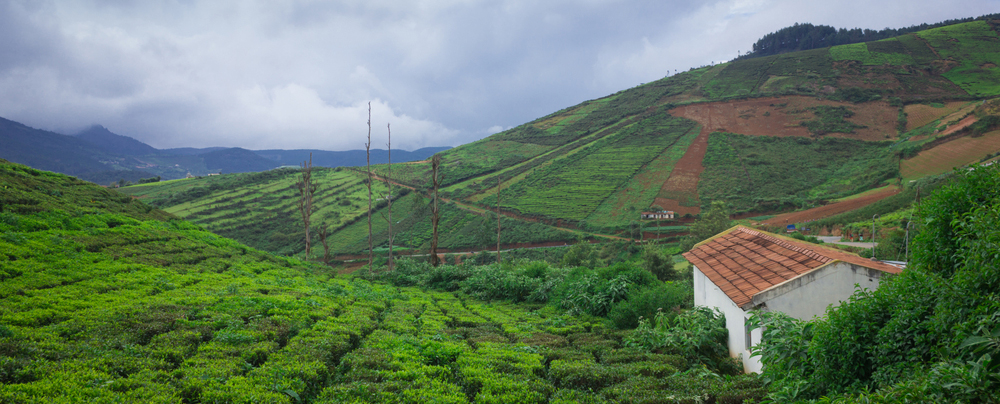A never-before police drive to summon and check plantation workers’ documents and biometric details in coffee-and-pepper-growing Kodagu on Thursday spread panic about a purported citizenship verification process in the Karnataka hill district.
Kodagu superintendent of police Suman D. Pennekar, who had ordered the exercise, told reporters that verifying the antecedents of the plantation workers — mostly labourers from Assam and Bengal hired for the November-to-March picking season — was a “routine” matter.
But she didn’t explain why this had taken the unprecedented form of summoning all the workers to police stations.
“Until now, the planters collected the workers’ identity documents and submitted copies to the nearest police station. This is the first time the police called the workers for verification, which lasted the whole day,” said C.K. Belliappa, secretary of the Coorg Planters’ Association. Coorg is the old name of Kodagu.
One factor fanning the NRC fears would have been Sunday’s police demolition of shanties in Bangalore in the name of identifying illegal Bangladeshi immigrants. The crackdown left hundreds of migrant workers from Bengal, the Northeast and even Karnataka homeless.
As ordered, the Kodagu planters took their 5,000-odd workers to the three verification centres at the police stations of Madikeri, Virajpet and Kushalnagar. “The police verified their documents and fingerprints,” Belliappa said.
Estate owners in Chikmagalur, another hill district known for its coffee, pepper and cardamom plantations, too were asked to bring their workers to local police stations for a similar exercise.
But the planters there told the police to come and do the verification themselves, the idea being not to lose a working day while also sparing themselves the cost of ferrying thousands of workers to the designated police stations.
Pennekar, the Kodagu police chief, told reporters the move had “absolutely nothing to do with the National Register of Citizens, which is not the police department’s job”.
She said the police had “for years” been checking plantation workers’ documents to “crack down on bonded labour, build a database of who worked in which estate, and trace any worker suspected of criminal activity”.
She said that about 500 workers who did not have documents had been asked to produce the original papers.
“The police asked us to do a similar exercise here (Chikmagalur) but we told them to do it themselves since they are empowered to do so,” said B.S. Jairam, president of the Karnataka Growers Federation and a well-known coffee planter from Chikmagalur.
“We planters make it a point to collect the workers’ documents when they arrive and submit copies to the nearest police station. But this time it was a surprise (in Kodagu).”
He said that he was sure the police move had nothing to do with the NRC. “It’s just fear-mongering among the workers.”
Such fears have gripped sections of people in other states too as the country witnesses sustained sit-ins against the new citizenship regime, many of them led by homemakers spending days and weeks out in the cold with their children.
In neighbouring Kerala, a woman and her son-in-law were arrested on Thursday for assaulting a health worker who they mistakenly thought was collecting data for the NRC. The woman was collecting the details of children who had not been vaccinated.
On Thursday, depositors withdrew about Rs 6 crore from the Central Bank branch in Kayalpattinam in Thoothukudi, Tamil Nadu, after the bank mistakenly advertised the “National Population Register” as one of the “documents” customers needed to furnish as part of a Know Your Customer exercise.











